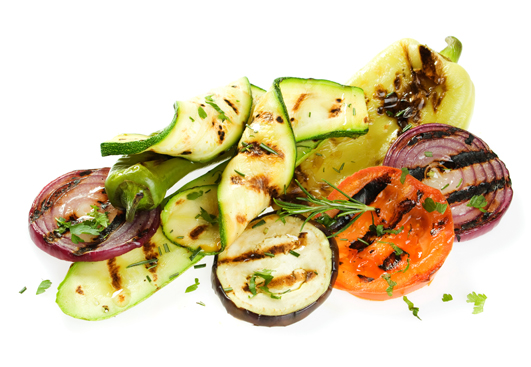 The popularity of squash has grown in recent years, as per capita consumption increased to 4.4 pounds in 2009. The United States imports the most squash in the world, with Mexico accounting for 95 percent of total US squash imports. Summer squash is high in vitamin C, which is a known cancer-fighting antioxidant.
The popularity of squash has grown in recent years, as per capita consumption increased to 4.4 pounds in 2009. The United States imports the most squash in the world, with Mexico accounting for 95 percent of total US squash imports. Summer squash is high in vitamin C, which is a known cancer-fighting antioxidant.
Handling
- Temperature: Soft, 41 to 50 F, 5 to 10 C;
Hard, 50 to 55 F, 10 to 13 C - Relative humidity: soft, 95%; hard, 70-75%
- Typical shelf life: soft, 7 to 14 days; hard, 30 to 180 days
- Ethylene-sensitive.
- Soft squash is highly sensitive to freezing injury.
- Hard squash is moderately susceptible to freezing injury.
- Susceptible to chilling injury.
- Summer squash can be held at 32 to 40 F, 0 to 4.4 C for periods of less than four days. Use immediately after removing from refrigeration.
- Do not can or freeze raw hard-shelled squash. However, cooked squash freezes well. Summer squash that has been frozen will turn to mush due to high water content.
- Refrigeration will change the flavor and texture of hard-shelled squash and high temperatures will cause deterioration.
Nutrition
Summer squash are:
- Fat-free
- Saturated fat-free
- Sodium-free
- Cholesterol-free
- Low in calories
- High in vitamin C

